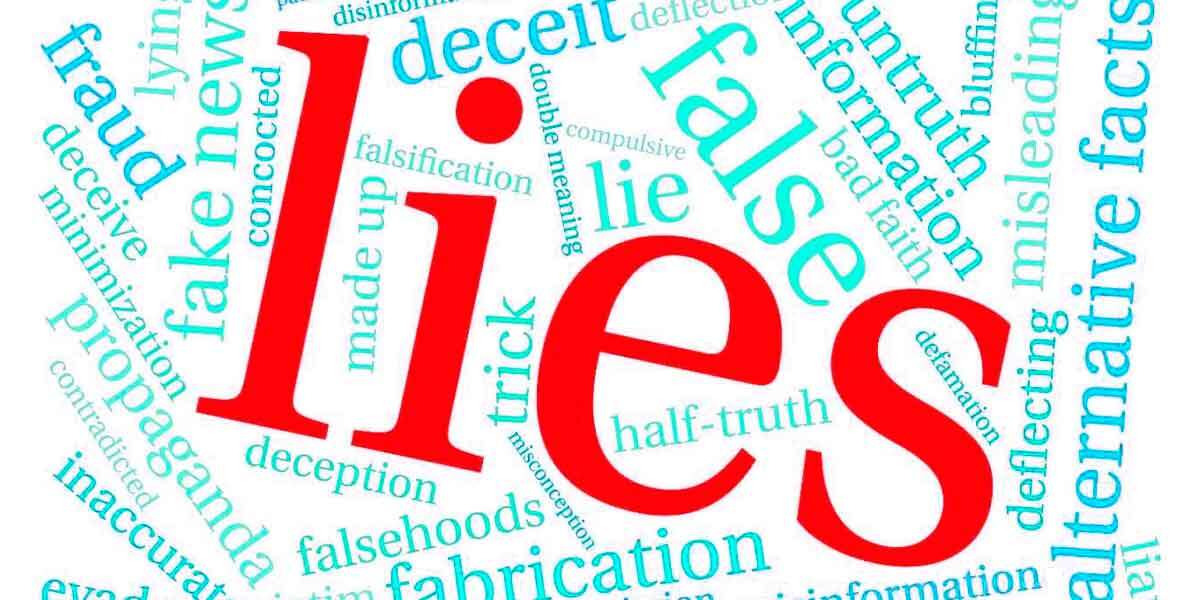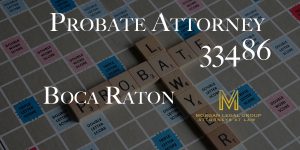Business torts (also known as economic torts) are a critical factor to consider when individuals and companies carry out business interactions and transactions. There are different types of business torts and each one is treated differently.
In this article, we shall be learning about the various types of business torts but before that, we must first understand the legal concept of torts.
What is a tort?
A tort, in the simplest legal terms, is a civil wrong. More elaborately, a tort is an act or behavior that potentially endangers or causes serious losses to another individual or business entity. Take a road construction company for example. When there is a road construction work being done, the construction company must put up warning signs to keep vehicles off that area. When there is no warning sign, and a road user plies the route in ignorance and gets a car crash, the driver can sue the company for tort. The company then has to pay compensation for the injury and losses incurred. However, when a driver gets involved in an accident because they ignored the warning signs put up, the construction company cannot be sued for tort.
Tort law arises from the need to regulate how individuals or businesses interact and coexist without putting another party into an unfavorable situation, danger or harm. Thus, everyone has a civil duty to everyone else and when they fail to perform this duty, they can be sued for tort. Tort can either be an action or inaction. As with the illustration above, failure to warn the public of danger is a failure to perform one’s civil duty to their fellow humans.
Types of torts
There are basically three types of torts viz.: intentional tort, negligence and strict liability
- Intentional tort: An intentional tort is an act carried out to intentionally cause harm to another party. For example, punching someone in the face (a tort of battery), publicly speaking ill of a person or business entity to destroy their reputation (a tort of defamation), deception, etc. Although intentional torts are often confused with criminal offense, a criminal offense is charged by the government and punishable by fine or imprisonment, whereas an intentional tort is brought to court by an individual, and remedied by compensation (damages).
- Negligence: As opposed to intentional torts, torts of negligence involve inactions which put another party in danger or harm them. For example, failure to carry out proper hygiene in a grocery store which eventually leads to a customer falling sick due to contamination.
- Absolute liability: There is absolute liability when there is injury or loss resulting from the wrongful action of another party without intention or negligence. A good example is injury resulting from the use of defective products.
Business torts
Business torts are also commonly referred to as economic torts. Business torts are wrongful actions carried out against a business entity which causes financial loss or deprivation of business opportunities and clientele. Business torts are either acts of negligence, intention or dangerous acts (the tree categories of torts).
Types of business torts
There are five major types of business torts.
- Tortuous interference
Tortuous interference refers to wrongful actions performed by an individual or business entity to interfere with or hinder the smooth legal business operations of another party. Tortuous or wrongful interference may affect the other party’s business opportunities, clientele, profits, etc.
- Commercial disparagement
Commercial disparagement is the business form of defamation. There is commercial disparagement when one party wrongfully slanders a company and their products or services. When the company suffers economic loss due to the defamation, there is said to be trade libel.
- Fraudulent misrepresentation
This business tort occurs when one party deliberately uses the name of a company to carry out fraudulent business transactions, thus leading to loss or injury to another party.
- Restraint of trade
This type of business tort involves wrongful actions carried out by one business entity to restrain another business from conducting their own business. This could be with the aim of avoiding competition and creating market monopoly. Some kinds of tortuous interference are categorized under restraint of trade.
- Theft of trade secrets
In some lines of business, one company may have secret information which is key to their success. When this secret is leaked out to the competitors, there is a theft of trade secrets.








